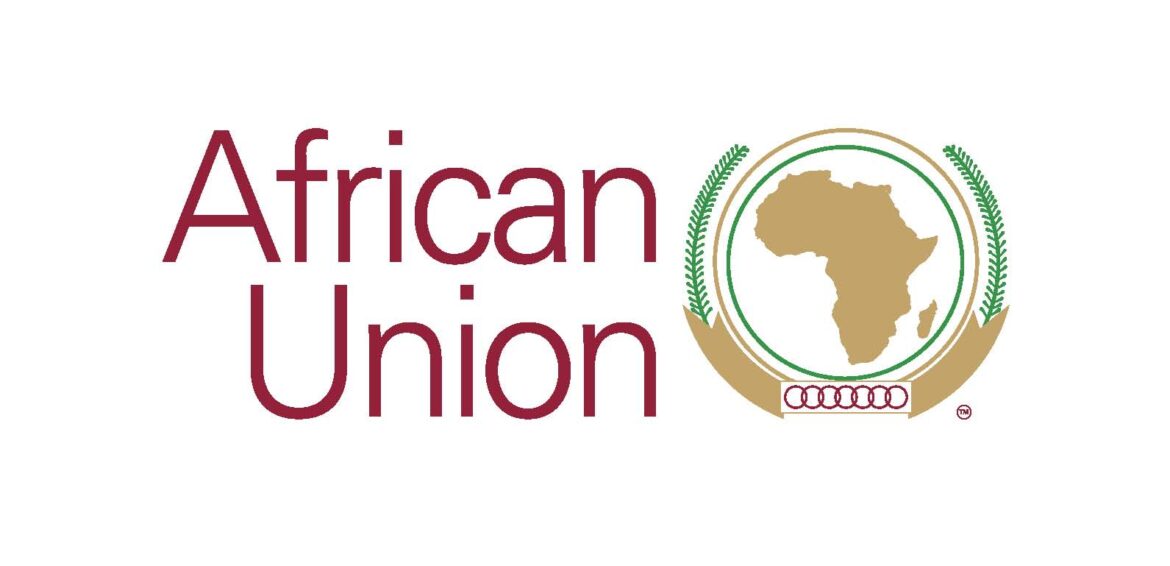By Muhammad Amaan
The Permanent Representatives Committee of the African Union (AU) has allocated $10.4m from the existing COVID funds to the Africa Centres for Disease Control and Prevention (Africa CDC), in a move to combat Mpox outbreak across the continent.
The Africa CDC disclosed this in a statement on Saturday.
The Africa CDC is a specialised technical institution of the African Union that supports Member States in strengthening health systems and improving surveillance, emergency response, and prevention of infectious diseases.
The PRC is responsible for preparing the work of the African Union’s Executive Council and acting on its instructions. The PRC is vital in implementing decisions and policies to promote peace, security, and stability in Africa.
From January to July 2024, 15,074 Mpox cases (2,853 confirmed; 12,221
suspected) and 461 deaths (a case fatality rate of 3.06 per cent) have been reported across 12 AU Member States.
This represents a 160 per cent increase in cases and a 19 per cent increase in deaths in 2024 compared to the same period in 2023.
“The funding released by the PRC will complement national efforts by African Governments and support from various partners to strengthen five critical areas in the fight against Mpox: enhancing Mpox surveillance and deployment surge capacity, boosting laboratory testing and genomic sequencing capacity, strengthening regional and national data collection and analytics.
“Others are; enhancing case management, infection prevention and control, risk communication, community engagement, and improving access and delivery of vaccines, diagnostics, and supplies across the continent.
“Since 2023, Mpox cases have been reported in all five African regions (Central, East, North, South, West) affecting a total of 17 countries: Benin, Burundi, Cameroon, Central African Republic, Congo, Ivory Coast, Democratic Republic of Congo, Egypt, Ghana, Kenya, Liberia, Morocco, Mozambique, Nigeria, Rwanda, Sudan, and South Africa.
“A strong regional and cross-border approach is necessary to control
the outbreak,” the statement noted.
The primary modes of contamination are contact with infected animals or people, mostly through sexual transmission. Risk factors include multiple sexual partners, co-infections (e.g., HIV), and malnutrition.
The Director General of Africa CDC, Dr Jean Kaseya, expressed gratitude for the timely support from the PRC. “We are incredibly grateful for the continued partnership and support from the Permanent Representatives Committee of the African Union.
“This funding will significantly enhance our capacity to lead the response to the Mpox outbreak at the continental level and protect the health and well-being of our communities in close collaboration with our member states and key partners such as WHO, UNICEF, World Bank, AfreximBank, Bill and Melinda Gates Foundation, African Development Bank, GAVI, CEPI, Wellcome Trust, European Union, United States, MSF, and so many others.”
The statement also noted that Africa CDC has already achieved significant milestones in the fight against Mpox.
“In March 2024, the institution supported developing a national response plan in the DRC. In April 2024, a high-level Regional Ministerial meeting was held in DRC to adopt a regional approach against this disease.
“From April to July 2024, readiness assessments were conducted in all affected member states. So far, Africa CDC has distributed 20,000 Mpox RT-PCR kits and ancillary supplies to 44 African Union member states and supported them with training.
Ambassador of the Arab Republic of Egypt to the AU and Chairperson of the PRC Subcommittee on Budget, Mohamed Gad, emphasized the importance of solidarity and collective action.
Gad said, “The PRC is committed to supporting Africa CDC in its mission to combat the Mpox and all other diseases. By pooling our resources and expertise, we can strengthen our health systems and ensure a swift and effective response to public health emergencies across Africa.”




